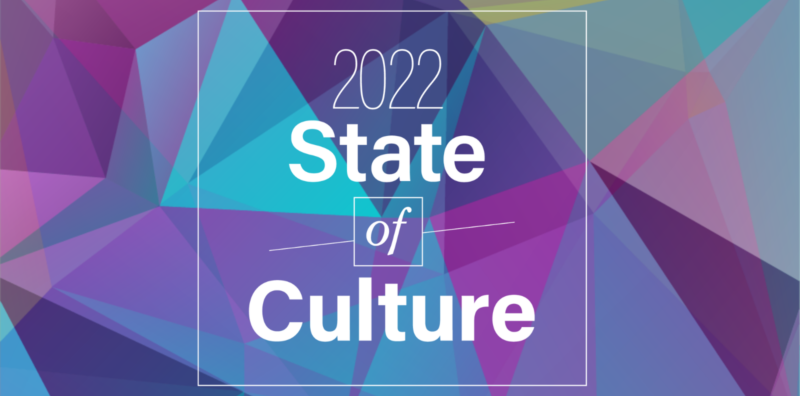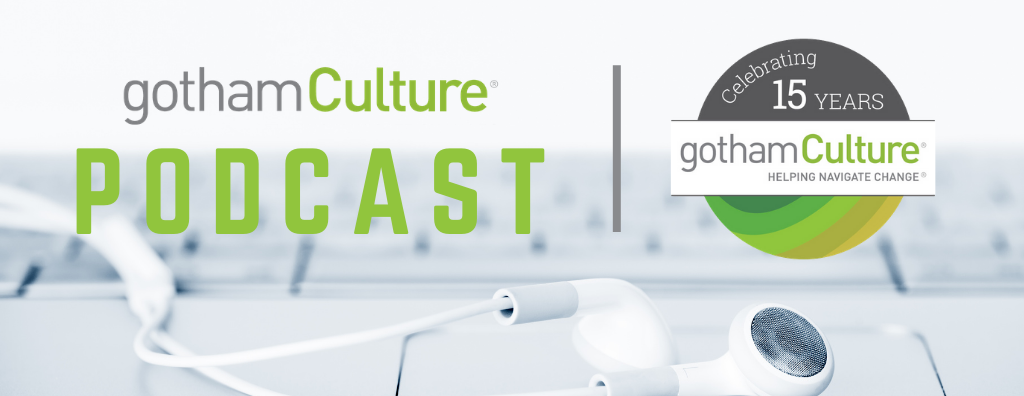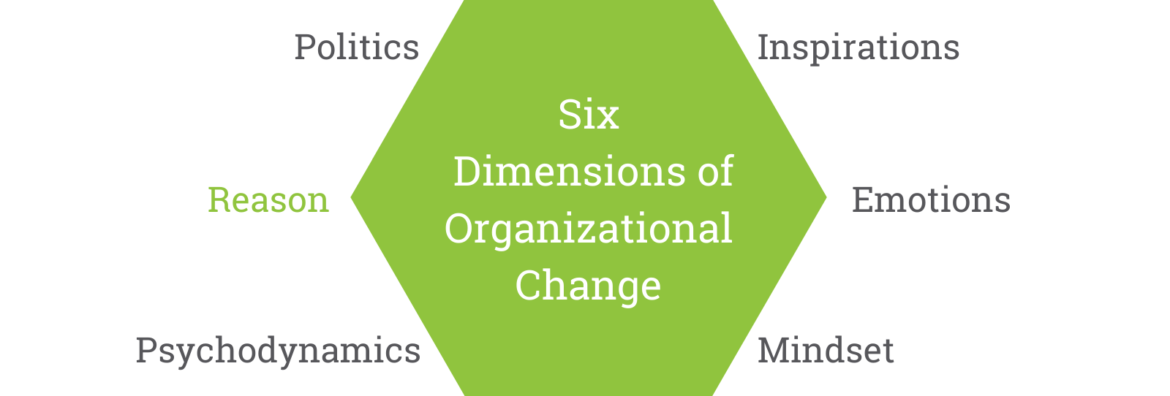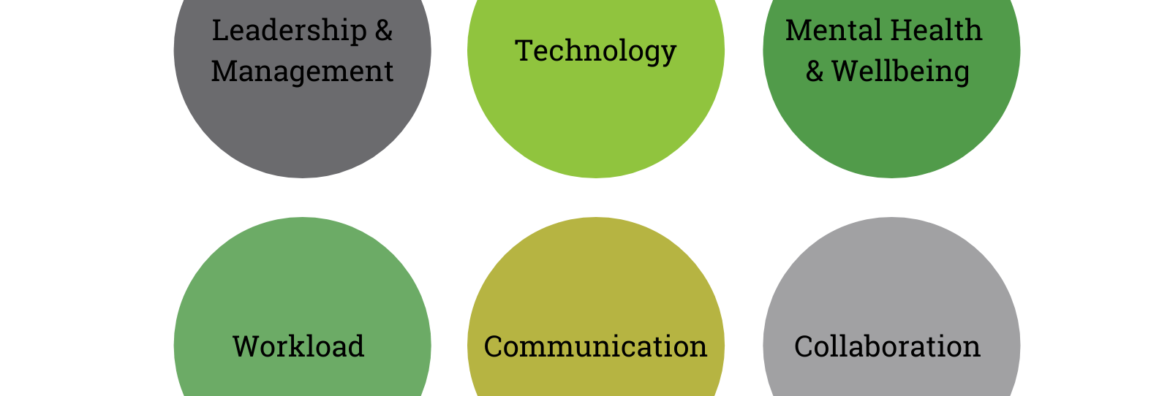New York, NY – gothamCulture released its second annual State of Culture Report on December 30, 2022.
The 2022 State of Culture Report is the culmination of a year of research on a global scale of 170 respondents across local, national, and global organizations. From this research, the team extracted key insights into the aspects of organizational culture and climate that link to a variety of performance outcomes as well as the practices that drive results in the day-to-day.
Some key findings from the study include:
- Only 57% of respondents in senior leadership roles reported that their organization cultures are evolving rapidly enough to stay competitive.
- 70% of respondent organizations reported outsourcing at least some HR functions, and it seems that outsourcing in the HR space will continue to grow over time. .
- Organizations that reported a large number of resignations said it was mostly due to inadequate pay/benefits and a lack of ongoing investment in employee skills.
For more insights to read the 2022 State of Culture Report here.
Stay up to date with future State of Culture surveys and reports here.
If you have questions or comments about the study or the report please email info@gothamculture.com.
About gothamCulture
gothamCulture is a management consulting firm that draws on our associate’s comprehensive expertise and experience in the areas of culture, leadership, and people strategy to provide innovative solutions and client-service excellence. Our work is guided by our deeply held shared values, including a commitment to each other and our clients, unwavering integrity, the maniacal pursuit of excellence, relatable expertise, and authentic community. For more information, visit www.gothamCulture.com.







